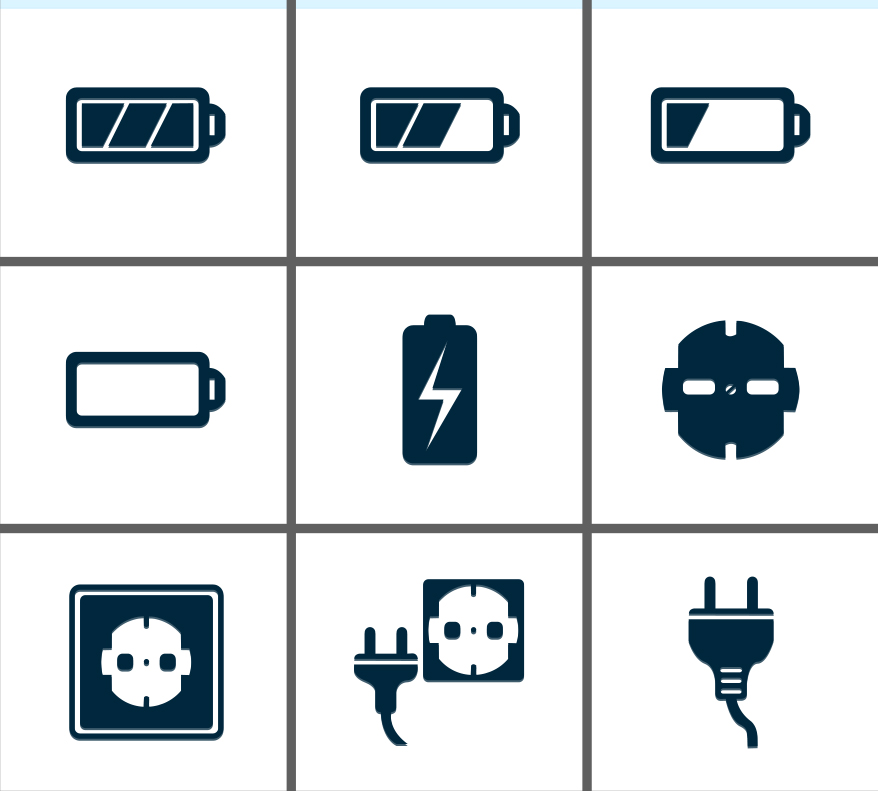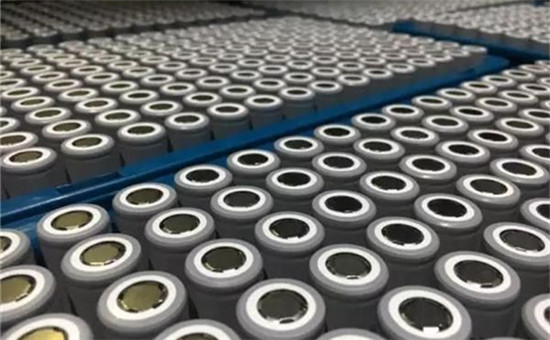Overview of Lithium Battery Safety Standards
May 10, 2019 Pageview:1840
The main point of providing this overview is to introduce the safety standards of batteries to the customers. Facilitating users with proper regulations and precautions is a duty. So, here are some basic and worth remembering safety standards to handle the battery packs and cells under normal and emergency conditions.

Lithium-ion Battery Storage Regulations:
The ideal storage conditions for the Lithium-ion batteries are given below. But before that here are few procurements related to the storage practices:
· Make sure you buy the batteries from reputable manufacturers or suppliers.
· Don’t use the batteries which are shipped without any protective packaging with hard plastic or similar material.
· Inspect the batteries upon arrival and when they are damaged, safely dispose of them.
For Storage:
· Keep the batteries away from the type of combustible materials.
· Try removing the batteries from the device if they are not being used for long-term.
· Keep an ideal temperature between 5°C to 20°C for better performance.
· Keep a log of the fresh and the depleted cells.
· If it is possible, store the batteries in metal cabinets.
· Don’t put the batteries in bulk-storage spaces such as offices.
· After placing the battery, regularly check the battery after a certain period of time.
· Don’t just put away the batteries; charge them in between up to a 50% capacity.
lithium battery Safety Precautions:
The safety measures that need to be taken while handling the Lithium-ion batteries are explained below. The battery packs contain lithium-ion battery and protection circuits. And both the items are sealed in a container which is made up of resin so that the battery can’t be dissembled easily. Here are some safety precautions that you can follow:
· Misusing the battery will lead to a temperature rise. And as the battery gets hot, it gets exposed to risks such as rupture, ignition, or other serious damage. So, don’t place the battery in fire or heat the battery to extreme temperature.
· Do does not install the battery backward otherwise the polarity might get reversed.
· Never connect the positive terminal and negative terminal of the battery with each other using any metal object which can act as conductor such as a wire.
· Do does not carry or store the batteries with necklaces, hairpins, or any other metal object.
· Avoid piercing the batteries with nails, striking with a hammer, stepping on the battery, or subject it to strong impact or shock.
· Never solder directly on the battery.
· Avoid exposing the batteries to water especially salt water.
· Make sure that you don’t disassemble or modify the battery. The battery has several components which might lead to other issues.
· Don’t place the batteries near the fire, stoves, or other high-temperature devices.
· Avoid placing the batteries into direct sunlight.
Lithium-ion Battery Explosion Hazard:
Lithium-ion battery explosion hazards usually consist of high energy density which is coupled with flammable organic electrolyte. Studies have shown that physical damage such as short circuits, overcharging, and exposure to highly elevated temperature could lead to a thermal runaway. Ultimately, this refers to rapid self-heating which initiates an exothermic chemical reaction that results in a chain reaction that could blast off the battery at any time.
This factor creates new challenges for the use, handling, and storage of the Lithium-ion batteries. Other factors that can lead to the same situation include Manufacturer’s defect such as contaminants or imperfections in the battery. In this scenario, the reaction vaporizes the organic electrolyte which causes cell casing and increased pressure. If the case fails to hold the pressure, then the flammable electrolyte and toxic gases in the cell are released into the air. The severity of the explosion entirely depends on the related buildup and release of pressure from the cell case. If the cells have a mean of releasing the pressure from small areas, then the reaction wouldn’t be that serious. Otherwise, the pressure will rupture the case due to high pressure and it will result in a massive explosion which is determined by the size of the battery.

Battery Certification In The USA:
In the United States, there are three standards that are passed for Battery Certification to ensure that the batteries are safe and secure. The quick overview of these certifications is given below:
1: UN/DOT 38.3 5th Edition, Amendment 1:
This certification is passed as a recommendation on the Transport of Dangerous Goods. This standard handles the combined significance of environmental, mechanical, and electrical stress ob Primary and Secondary Celle and Batteries:
· Altitude Simulation
· Thermal Test
· Vibration
· Shock
· External Short Circuit
· Impact
· Overcharge
· Forced Discharge
All these tests are done on the cells and batteries to ensure that they are safe for use.
2: IEC 62133-2:2017:
This standard states the safety requirements for lithium-ion cells and batteries. This certification is provided after the batteries and cells clear out the following tests:
· 2.2 Molded Case Stress
· 3.2 External Short Circuit
· 3.3 Free Fall
· 3.6 Overcharging of Battery
Truly speaking, these tests are not that hard to pass if the manufacturer is using good quality material for their products.
3: UL 2054 2ND Edition:
It is the standard which holds the rules for Household and Commercial batteries. This certification is mandated by the US Government. It is hard to get as it involves more tests than both of the above standards.
· 7 Electrical Tests
· 4 Mechanical Tests
· 4 Battery Enclosure Tests
· 1 Fire Exposure Test
· 2 Environment Tests

The good thing about large power is that they provide high-quality cells and batteries which have already passed all these tests. We have expertise in customizing the Lithium-ion battery pack to make sure that you get maximum reliability and maximum safety. We deal with companies like Wal-Mart, Toshiba, Motorola, Haier, and many others which are also top-rated services.
- Prev Article: Can You Overcharge a Li ion battery?
- Next Article: How to Awaken Sleeping Li-Ion Battery
Leave Message
Hottest Categories
-
Hottest Industry News
-
Latest Industry News









